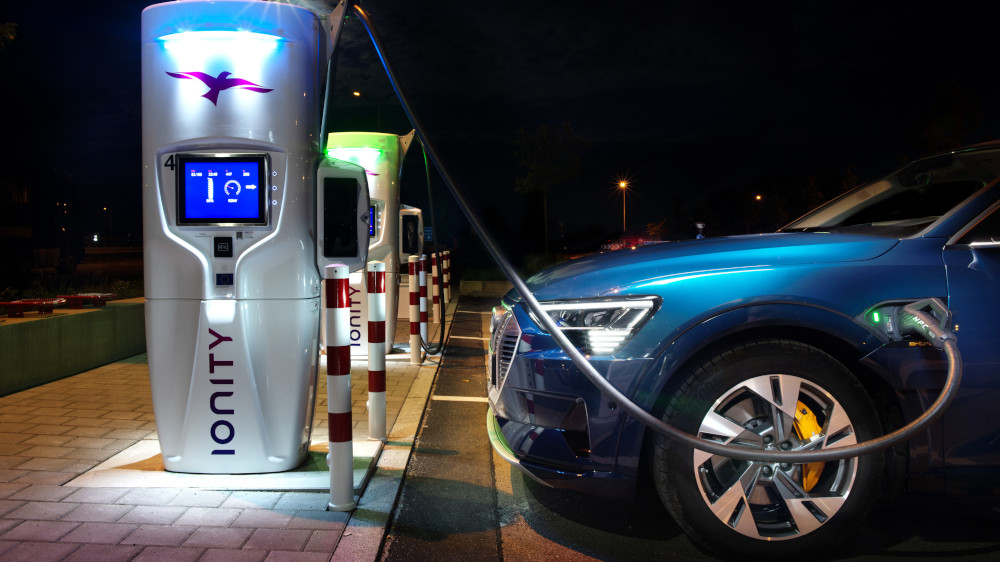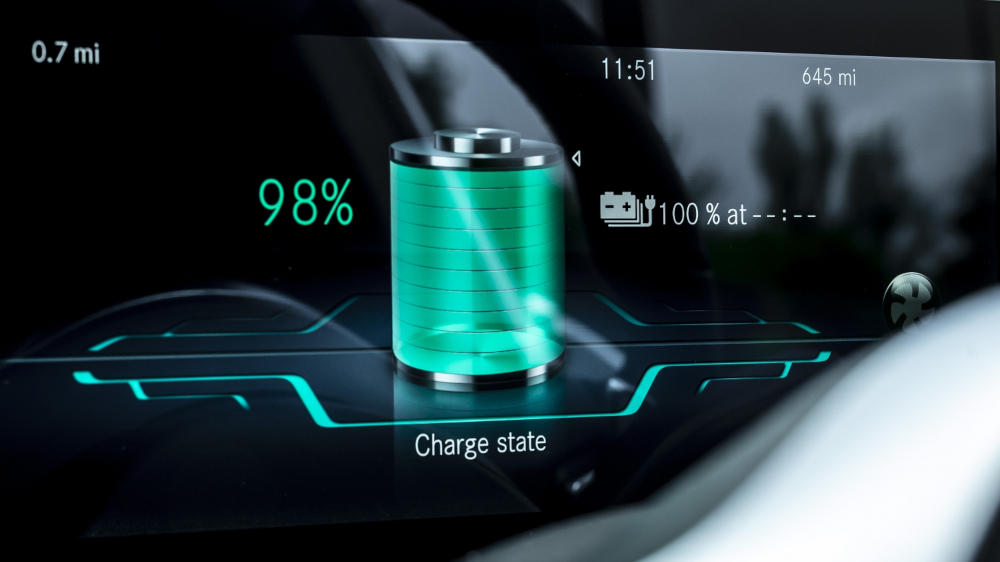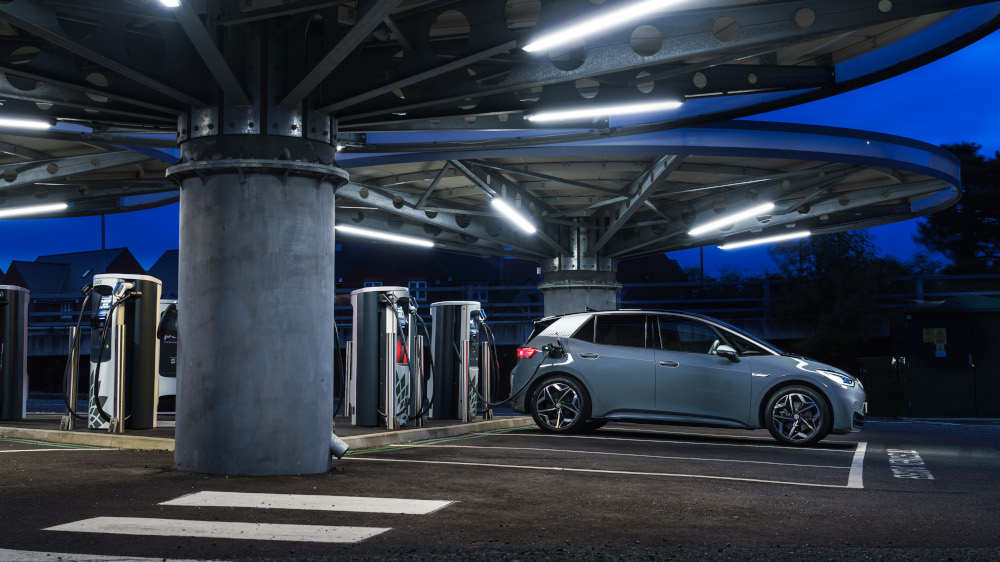Does it cost more to charge in public?
Charging an Electric Car
Of the many reasons to choose an electric car over a petrol or diesel vehicle is the potential to save money on the running costs. As electricity is cheaper, an electric car costs on average 4p per mile whereas a petrol car can cost on average 15p per mile.
To calculate the cost to charge check the battery’s capacity and the electricity rate, multiply these together. For example if the battery is 12kWh and electricity costs 11p per kwh, 0.11x12 = £1.32.
There are a range of locations to charge an electric car and the cost of doing so will vary at each. In this guide we discuss the charging options available.


Cost to Charge at Home
It is predicted that over 80% of owners will charge their electric car at home, which is also the cheapest method of charging.
The cost of charging at home will depend on the electricity tariff supplying your home and the capacity of the car's battery. The larger the battery and the more expensive your tariff the more it will cost to charge.
It may be worth changing your tariff for cheaper rates overnight so that you can charge your car at the most cost effective rate. Using a smart wallbox can save money as well as the unit will only charge when the electricity is at its cheapest and they are often quicker at charging.
Even on the most expensive tariffs an electric car will still be much cheaper than running a conventional car when charging frequently at home.
At home you could just use the factory-supplied three-pin plug charger, but this is not recommended due to the long charging times and high load placed on the electrics in your house. Therefore, a wallbox charger is more effective as they can charge at up to 7kW, twice the speed of a three-pin socket.
You'll need off road parking close to your house and a qualified electrician will need to check that the wiring in your house is able to support the wallbox and then install it.
There are a range of wallboxes to choose from with different styles including tethered (with a charging cable permanently attached) or untethered (a range of different cables are able to be plugged in.) The latest boxes are 'smart' wallboxes which make the most of cheaper, off-peak electricity to further reduce the running costs of an electric car.
A wallbox does not need to be an expensive option, if you use an authorised installer it is possible to claim 75% of the total installation cost up to a maximum of £350.
Cost to Charge in Public
If you mainly charge your car at home and occasionally on the go then the cheapest and simplest method of public charging is pay as you go. These can cost between 5-40 per kWh, with the price increasing the faster the charge. Some providers may also charge a fixed upfront fee or hourly charge as well to ensure cars are only using the chargers when charging to allow other users access.
Most of these are paid for using a contactless card or a smartphone app which you can quickly download and sign up to. The cost will then billed directly to your account via the app saving the need to input your bank details.
For those who plan to drive further, use public chargers more frequently or cannot charge at home then subscribing to a provider can save money.
There are a few main providers such as Shell Newmotion, Chargepoint and BP Pulse who offer a subscription service with a monthly fee which provides access to around 80% of its 7000 chargers for free. Some subscription packages also provide access to a range of chargers with a reduced rate per kWh.
Many of the subscription companies are joining up so that customers can access a larger range of chargers for the same cost.
Through using public rapid chargers, charging mainly away from home does not need to be inconvenient or expensive.
It is often possible to charge for free at some shopping centres, hotels, supermarkets and places of work for customers. Pod-Point and VW have teamed up to provide free to use 7 kWh chargers for customers at supermarkets.
There are a range of apps such as Pod-Point and Zap Map to locate these charging points, see how much cost, if they are compatible with your car and if they are currently available.
Motorway chargers cost more than other public chargers as they are often only available as rapid chargers and there is more demand for them.
Most of these offer pay as you go rates around 30p per kWH and for upto 45 minutes at a time to ensure other users can have access.
Ionity provide drivers of Audi, BMW, Mercedes-Benz and Jaguar products reduced rates, to reduce the running costs of these electric cars even further.
Manufacturers are offering their own charging schemes as well. Such as the Mercedes me Charge which gives access to thousands of chargers, shows their availability and the cost.
Audi's E-tron Charging Service gives access to up to 20 different energy firms including Ionity and E-tron purchases come with 1000 miles worth of charges for free. Using the scheme Audi drivers can access thousands of chargers across Europe with just one charge card or app.


